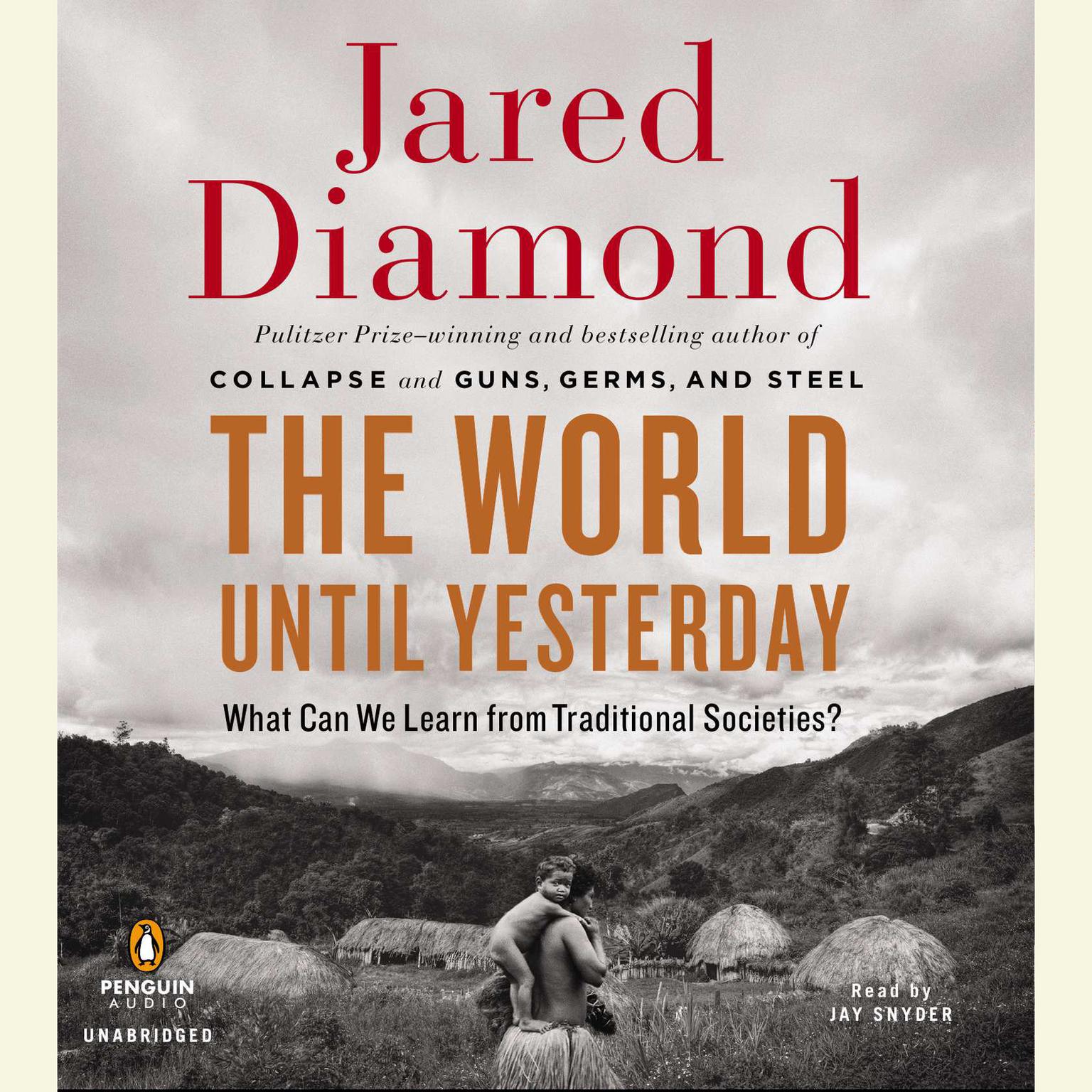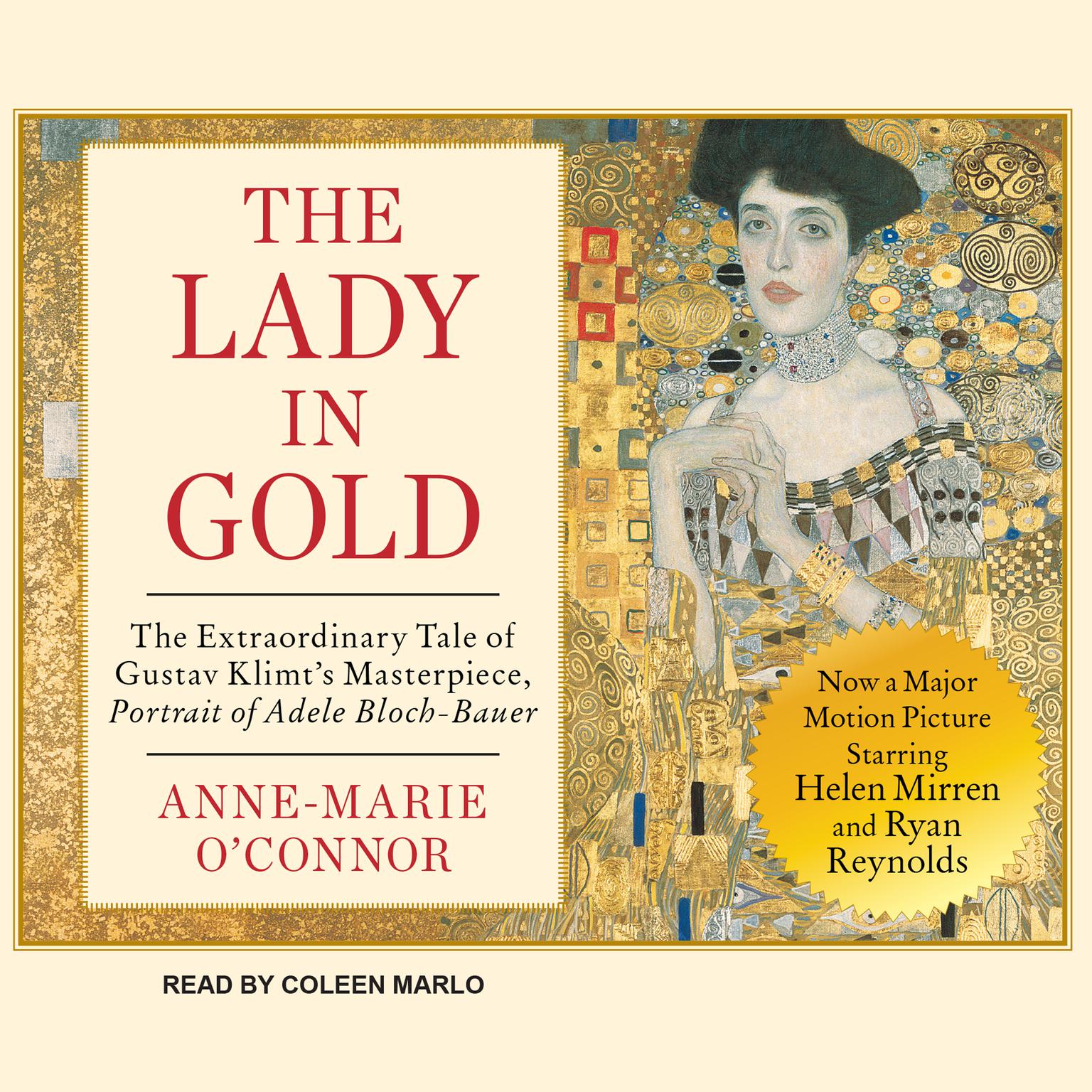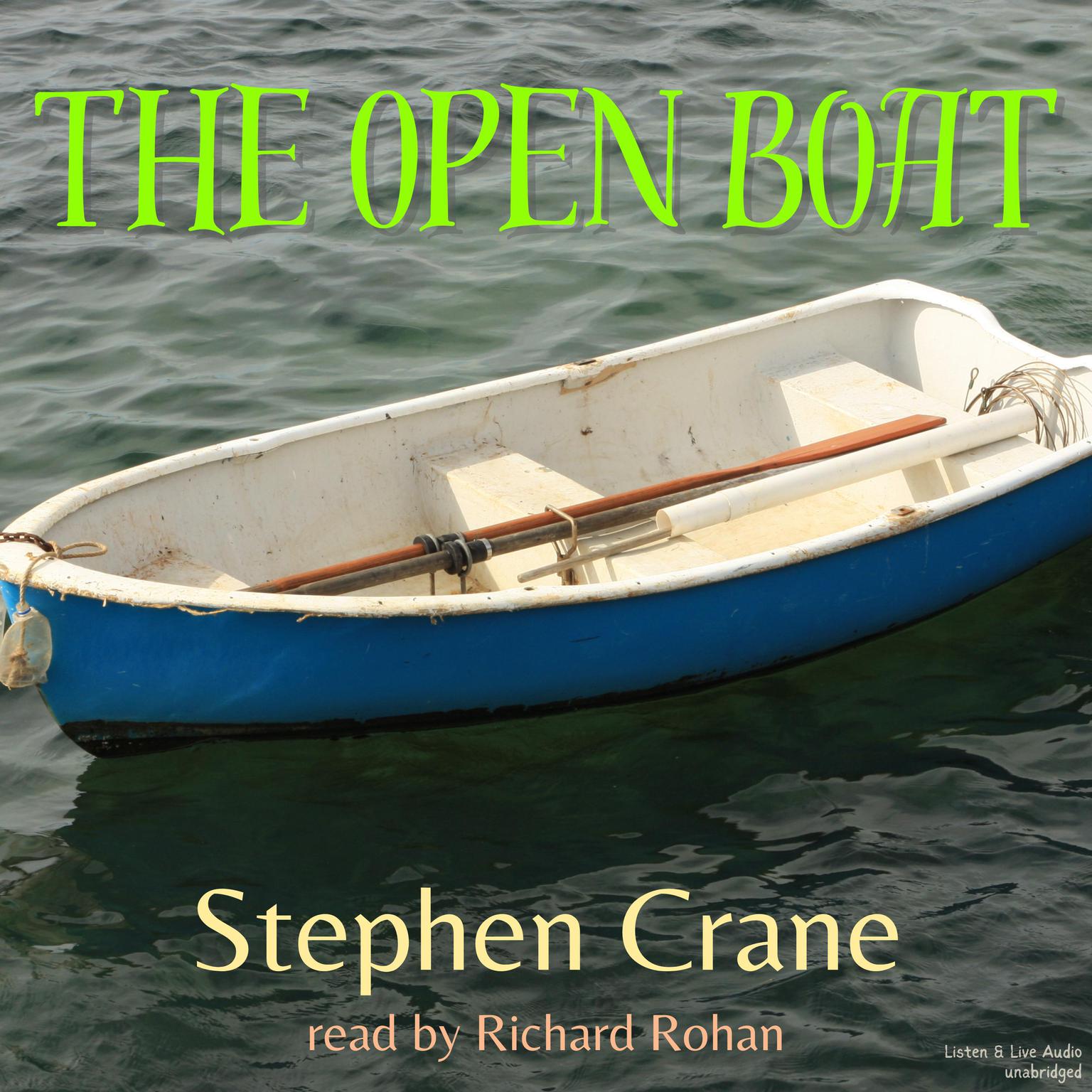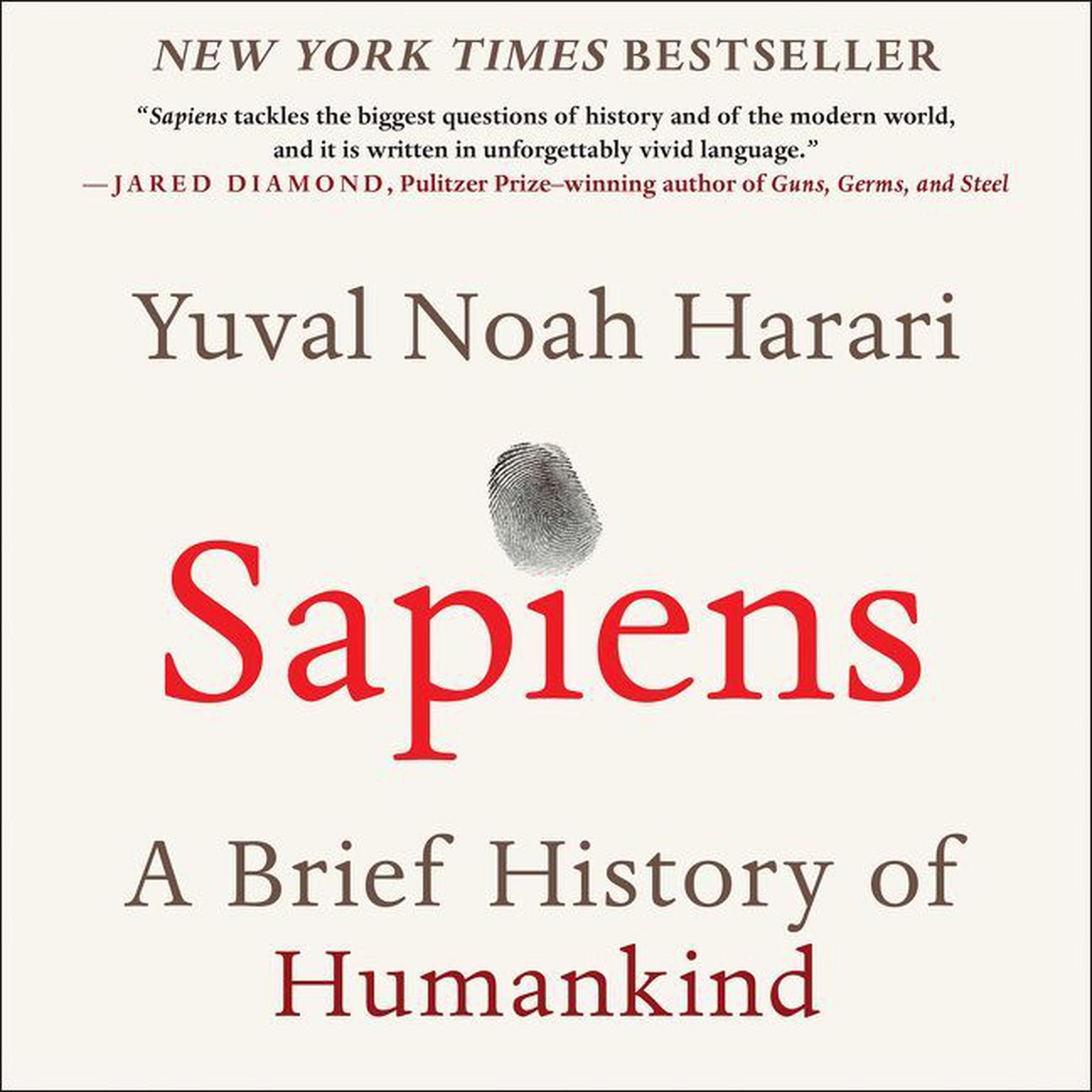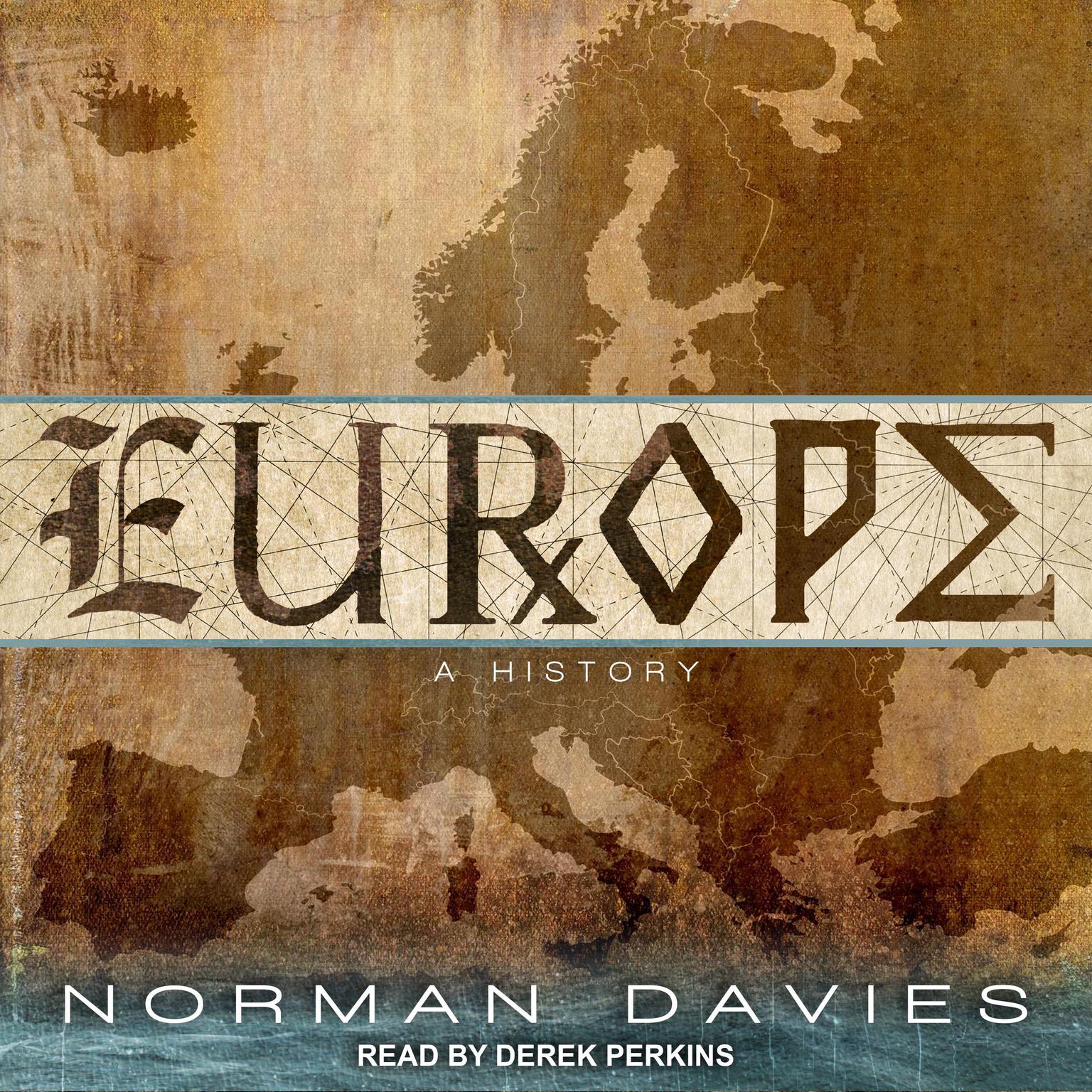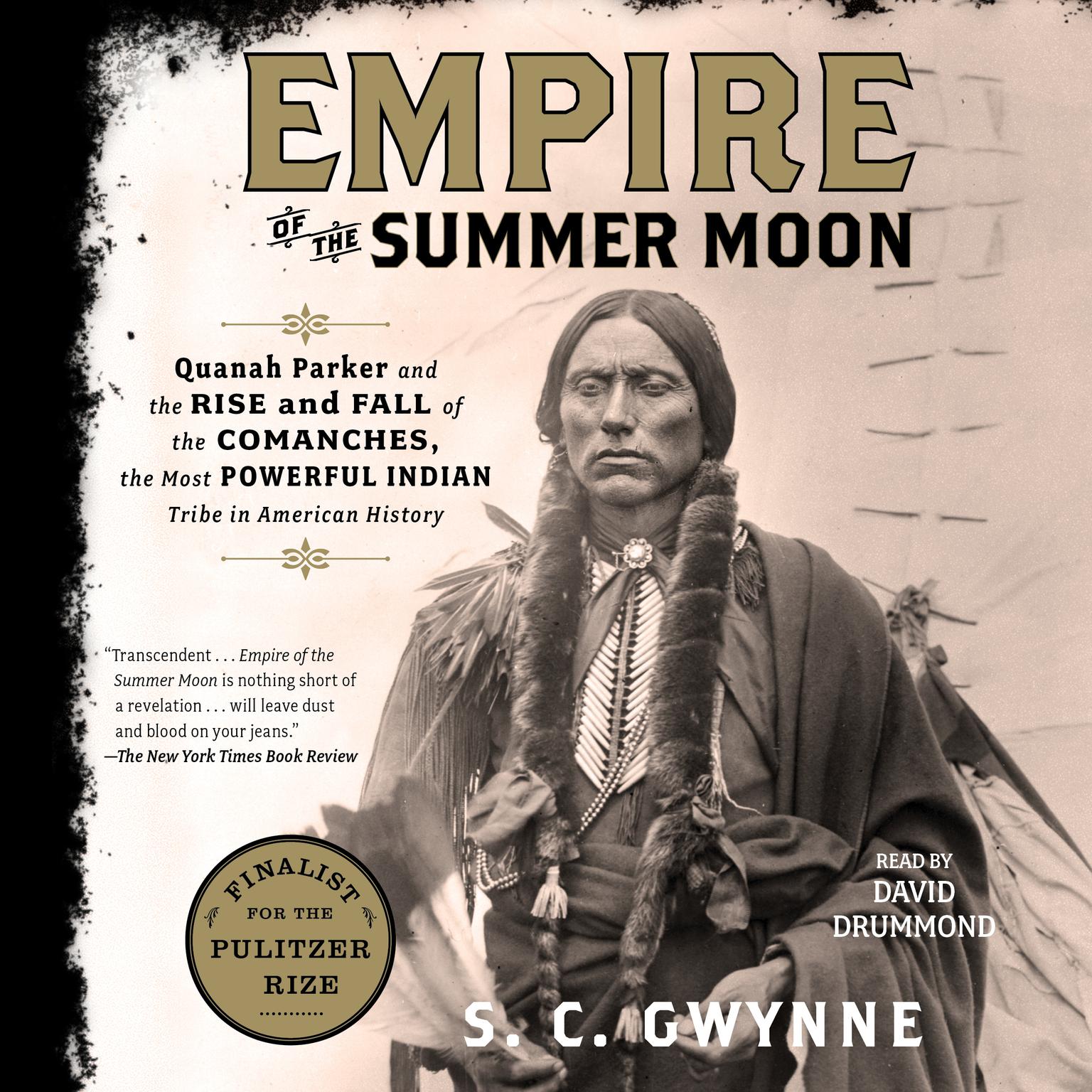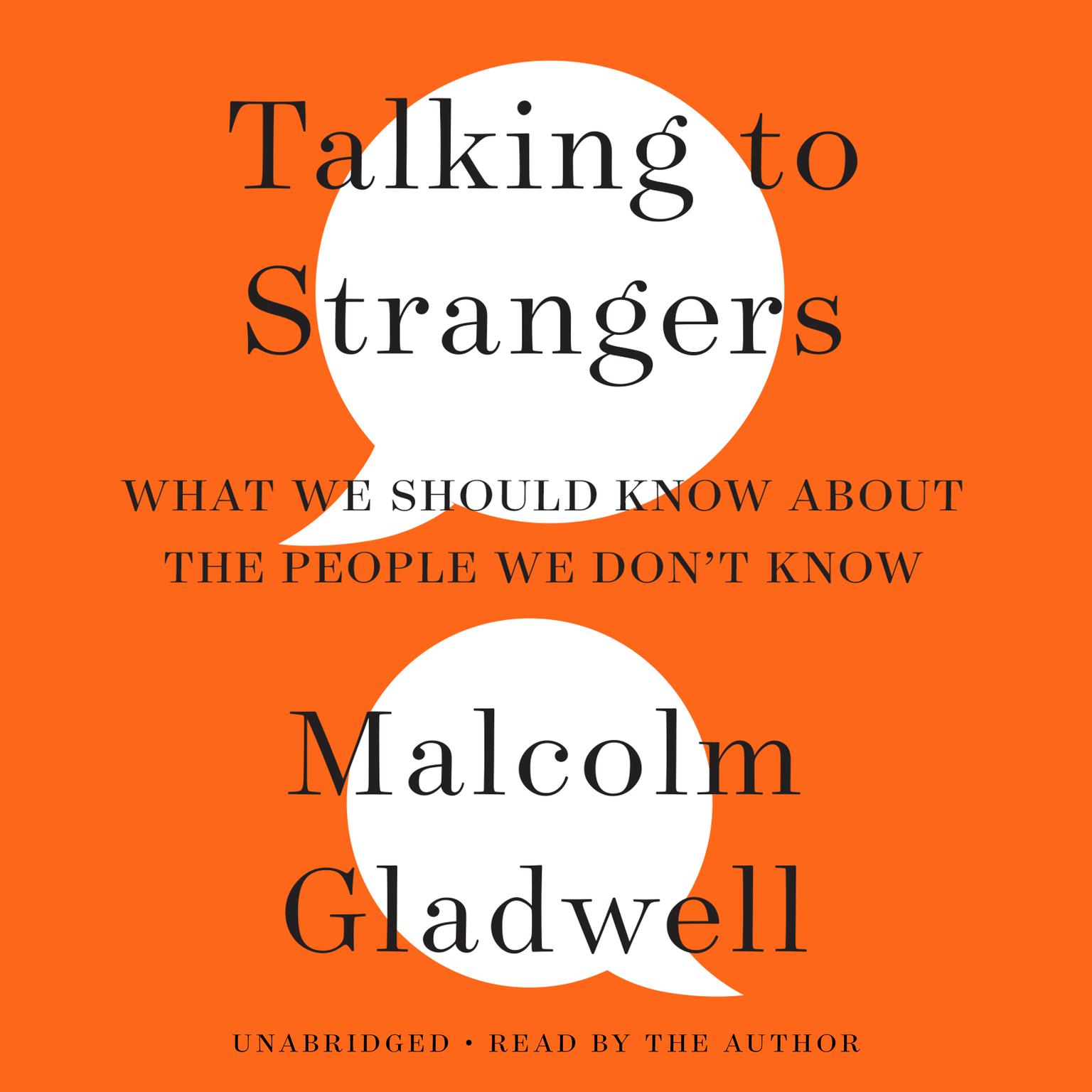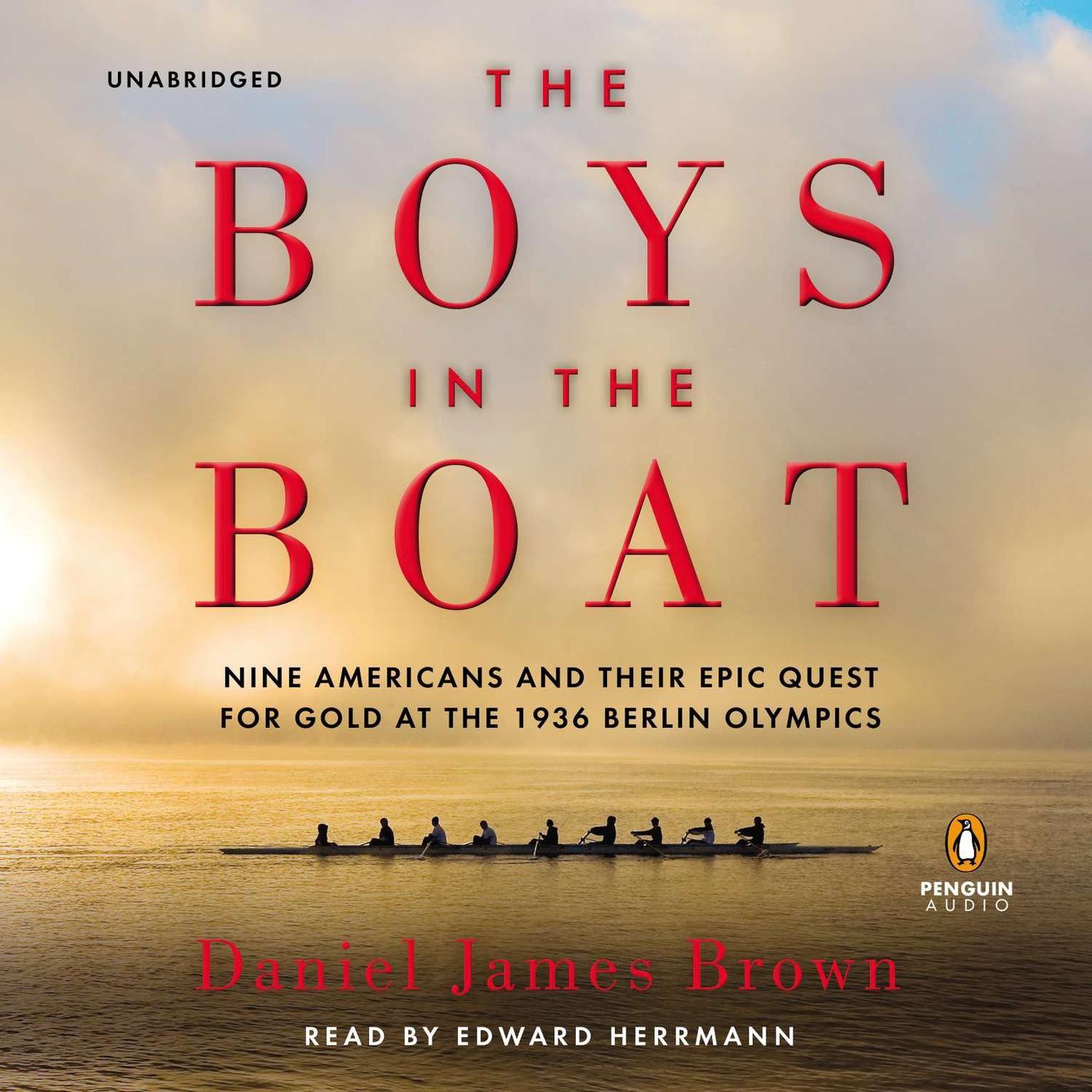Plot Summary
Jared Diamond, a geographer at U.C.L.A., is known for his previous book, Guns, Germs and Steel, which won the Pulitzer Prize and in which he argued that the advent of agriculture is what eventually led to European dominance. He also wrote Collapse, in which he argued that societies which don’t adapt to environmental change often disintegrate. In his latest book, The World until Yesterday: What Can We Learn from Traditional Societies?, Diamond fascinates us with his research into tribal groups, giving us anecdotes from personal experience as well as facts and statistics which show exactly how human beings have changed in the course of the last 11,000 years.
Human history spans about 6 million years, but only the last 11,000 have seen human beings moving away from the traditional hunting-gathering model, settling down to agriculture and starting up modes of government. There are, of course, decided benefits to our modern way of life, one of which is the fact that people fight each other a lot less. This might seem untrue when we consider the two great world wars of the last century, but Diamond uses statistics to show us that when human beings were living in smaller groups, the scale of the fight might have been smaller but overall, more human beings ended up losing their lives. In modern society, we have reduced war-related deaths to one-tenth what they used to be.
However, there is also a lot we can learn from tribal societies. One of the most important things is communal living where a person always has someone else to talk to. In our modern life, we are often silent or communicating with others only via email or social media. But in traditional societies, people are always there for each other, and there are greater emotional bonds between them. Diamond also brings up certain practices of child-rearing that we can learn from e.g., many women in tribal societies carry their children in a sling facing forward which can lead to better neuromotor development.
This is a fascinating book with a lot of information about traditional societies and it’s worth a read just to figure out where human beings came from. In some ways, this book makes us happy to belong to modern society, but it also points out what we can do to improve it.
Jared Diamond was born in Boston Massachusetts; his father was a physician and his mother was a teacher, linguist and concert pianist. Diamond himself learned to play the piano when he was young and, many years later, proposed to his wife after playing a Brahms piece for her. He went to Harvard where he earned his Bachelor’s and to the University of Cambridge where he got his Ph.D. through his work on the physiology and biophysics of the membranes of the gall bladder. He has also become a scholar in other fields such as ornithology and ecology as well as environmental history. He was awarded the National Medal of Science in 1999. He is married to Marie Diamond and they have two twin sons.
“I love Jared Diamond. I enjoy how he sees the world, how he explains complex material and makes it understandable. He makes a great deal of sense. This one is about tradition living as exemplified primarily by villages in Papua New Guinea (with scattered examples elsewhere) compared to the modern western world. While Diamond clearly admires some aspects of the traditional cultures he has experience over the decades, this is no sonnet to the noble savage. He brings out the infanticide and elder murder as easily as the community relationships and natural multi-lingualism. Highly entertaining, it will seep into your sub-consciousness and influence how you think about a great many things, and help you appreciate the glorious state that allows us to walk around and not kill or be killed by the strangers that walk by us in the mall. (Read the book; you’ll get it.)”
—
Lisa (4 out of 5 stars)
Publisher Summary
Most of us take for granted the features of our modern society, from air travel and telecommunications to literacy and obesity. Yet for nearly all of its six million years of existence, human society had none of these things. While the gulf that divides us from our primitive ancestors may seem unbridgeably wide, we can glimpse much of our former lifestyle in those largely traditional societies still or recently in existence. Societies like those of the New Guinea Highlanders remind us that it was only yesterday—in evolutionary time—when everything changed and that we moderns still possess bodies and social practices often better adapted to traditional than to modern conditions.
The World Until Yesterday provides a mesmerizing firsthand picture of the human past as it had been for millions of years—a past that has mostly vanished—and considers what the differences between that past and our present mean for our lives today.
This is Jared Diamond’s most personal book to date, as he draws extensively from his decades of field work in the Pacific islands, as well as evidence from Inuit, Amazonian Indians, Kalahari San people, and others. Diamond doesn’t romanticize traditional societies—after all, we are shocked by some of their practices—but he finds that their solutions to universal human problems such as child rearing, elder care, dispute resolution, risk, and physical fitness have much to teach us. A characteristically provocative, enlightening, and entertaining book, The World Until Yesterday will be essential and delightful reading.
Download and start listening now!
